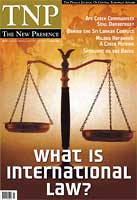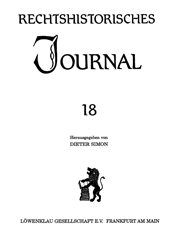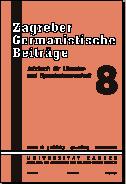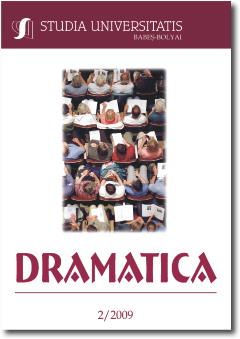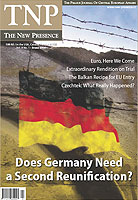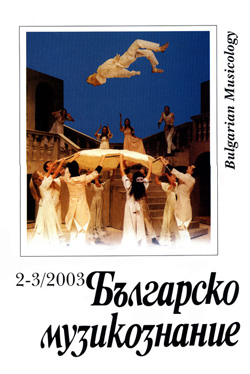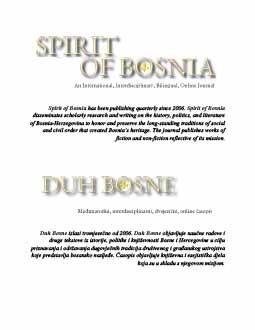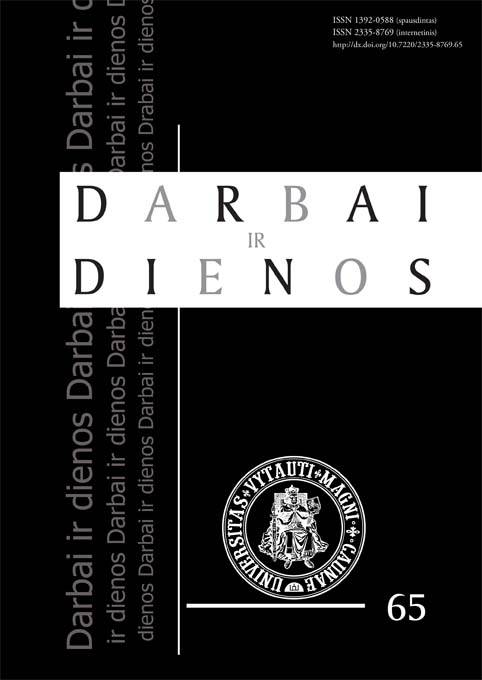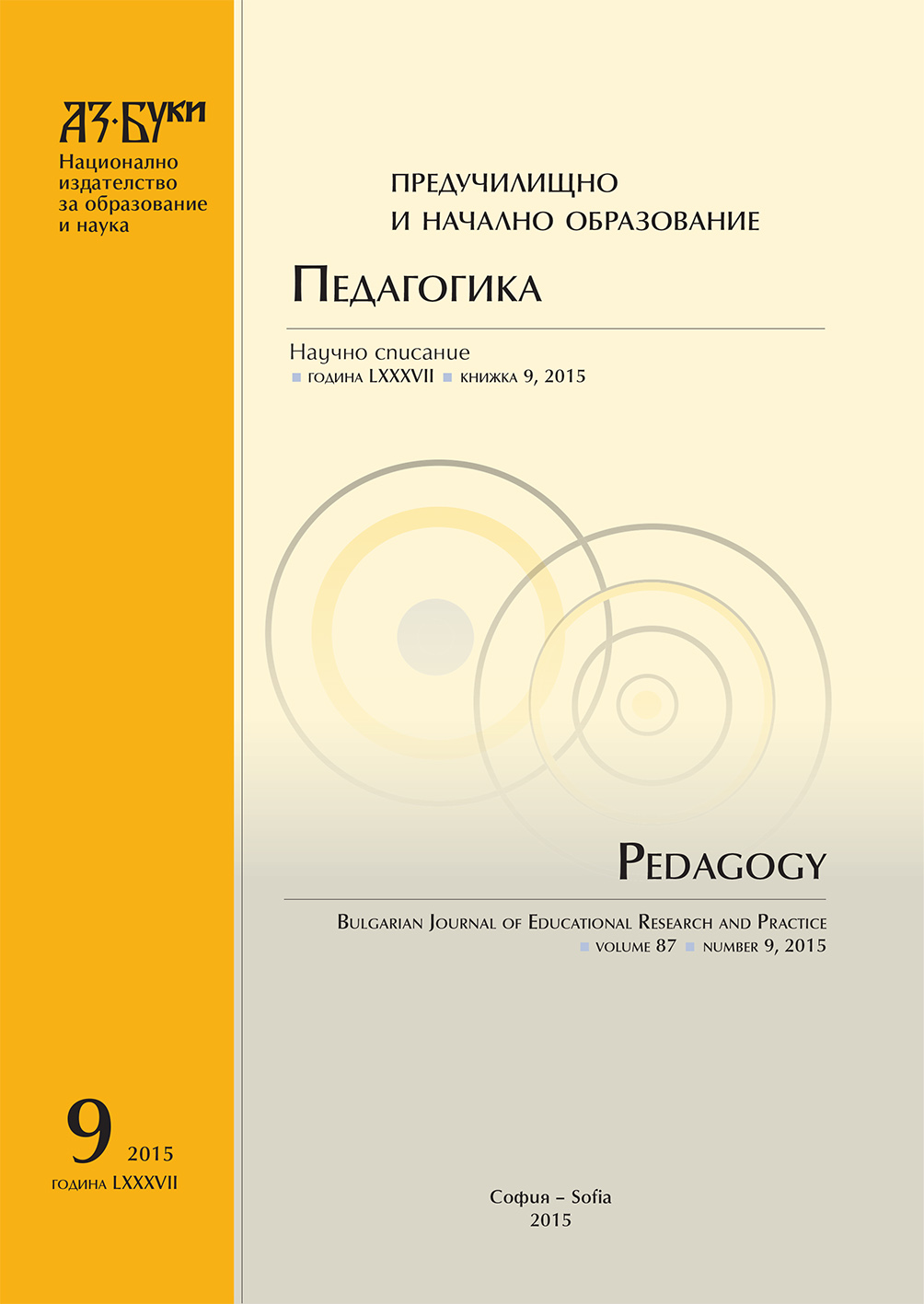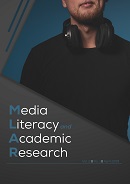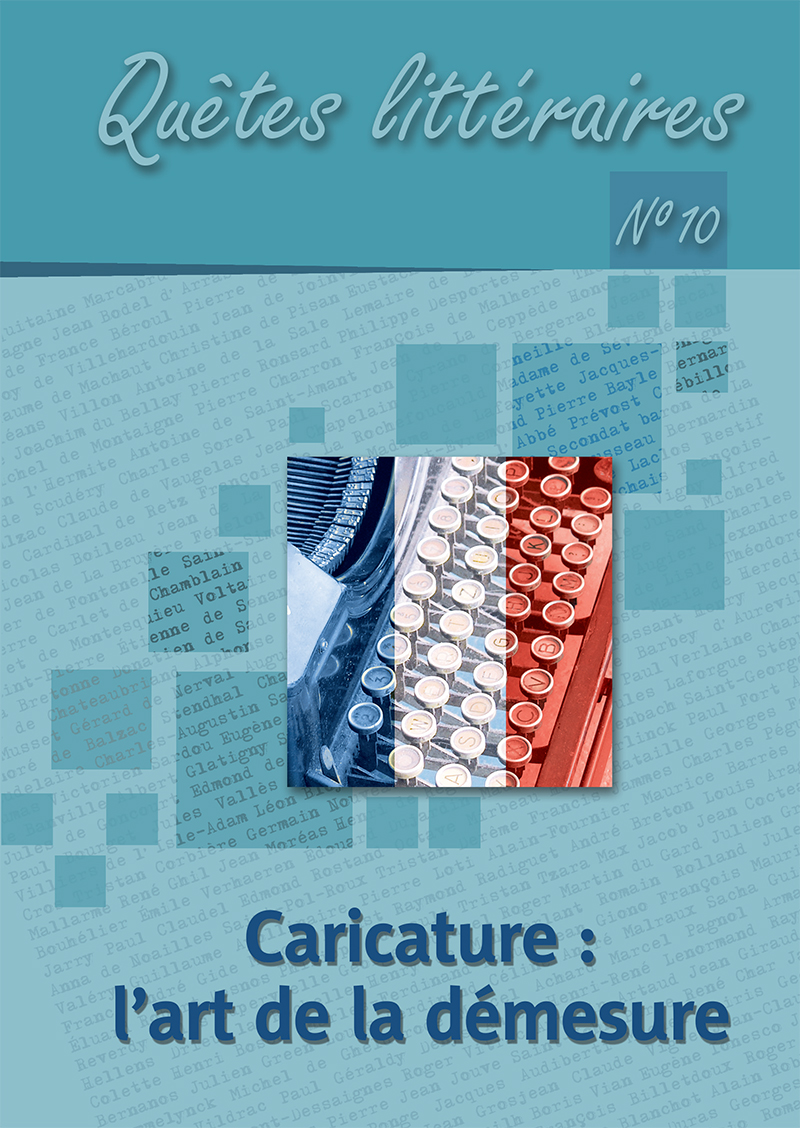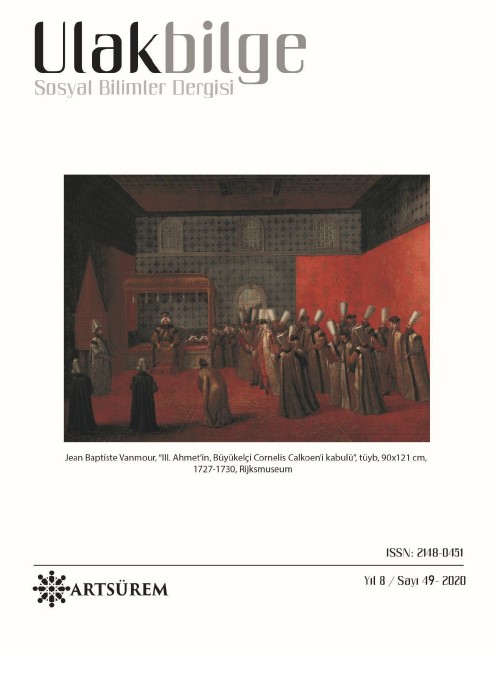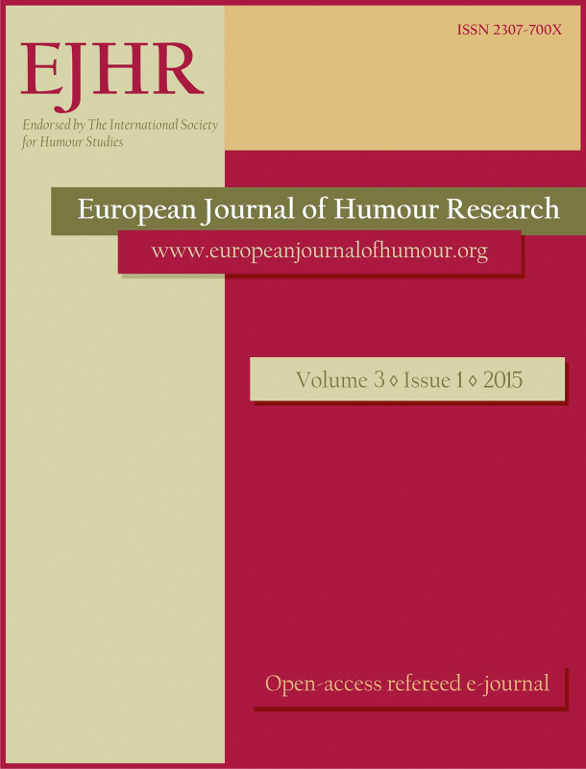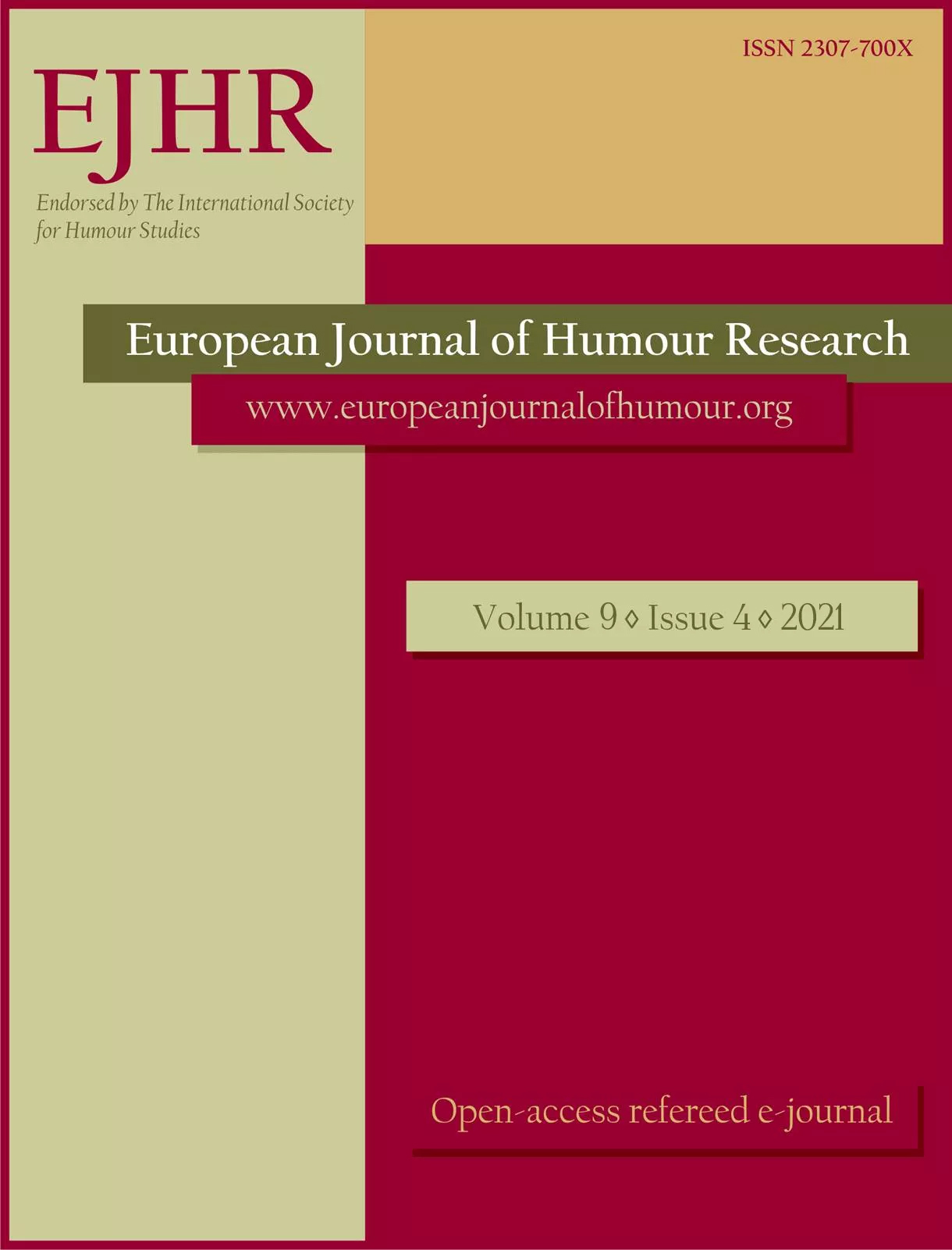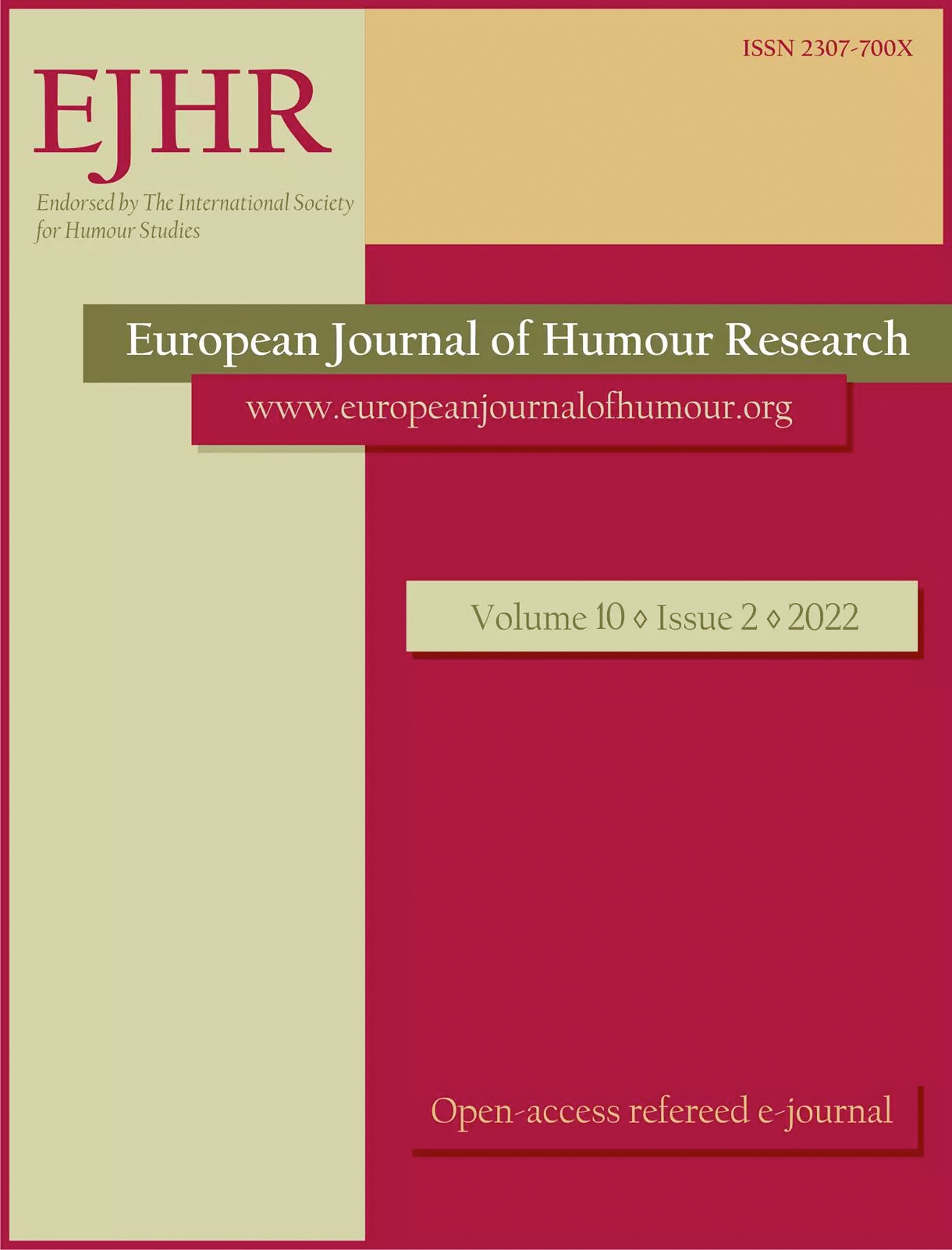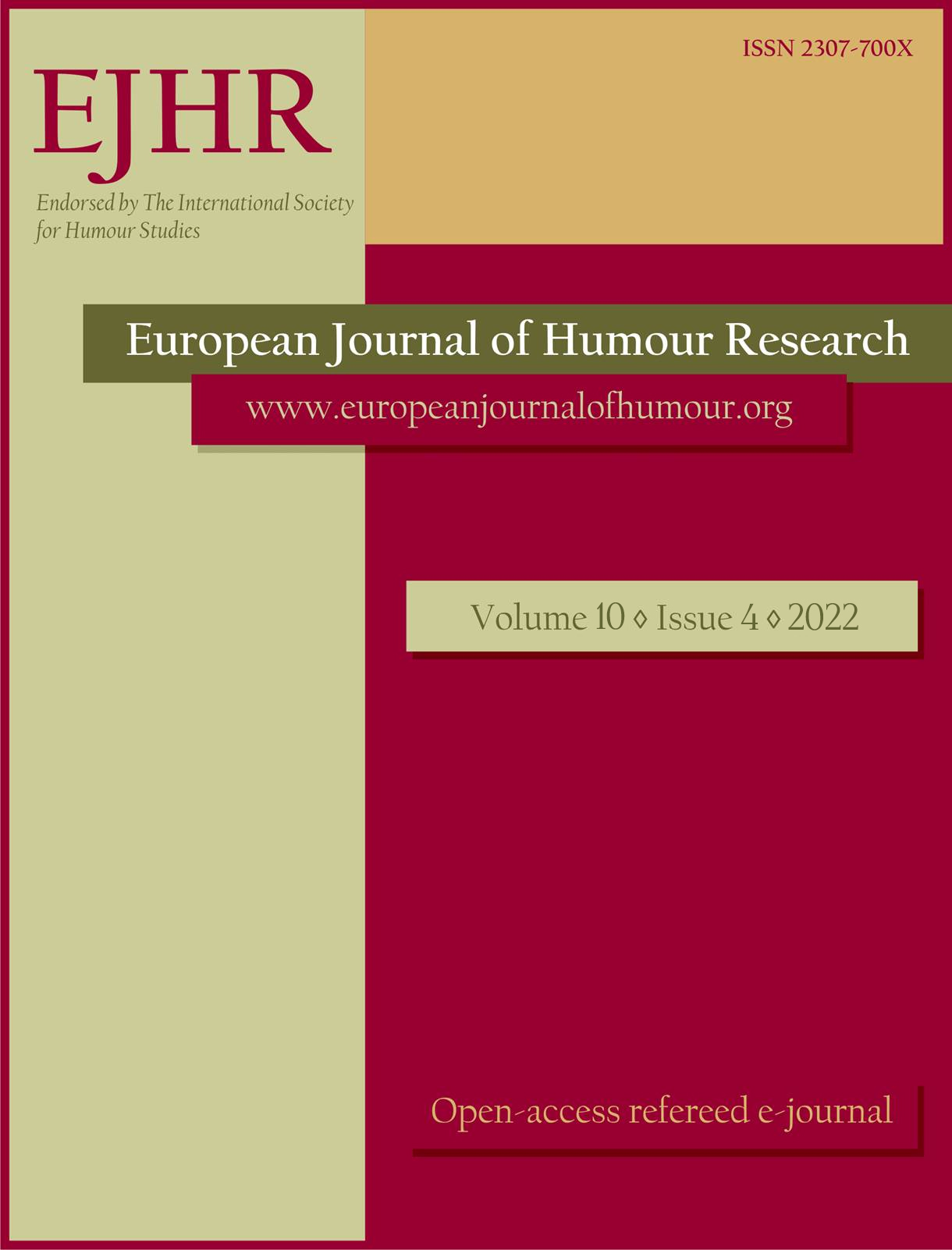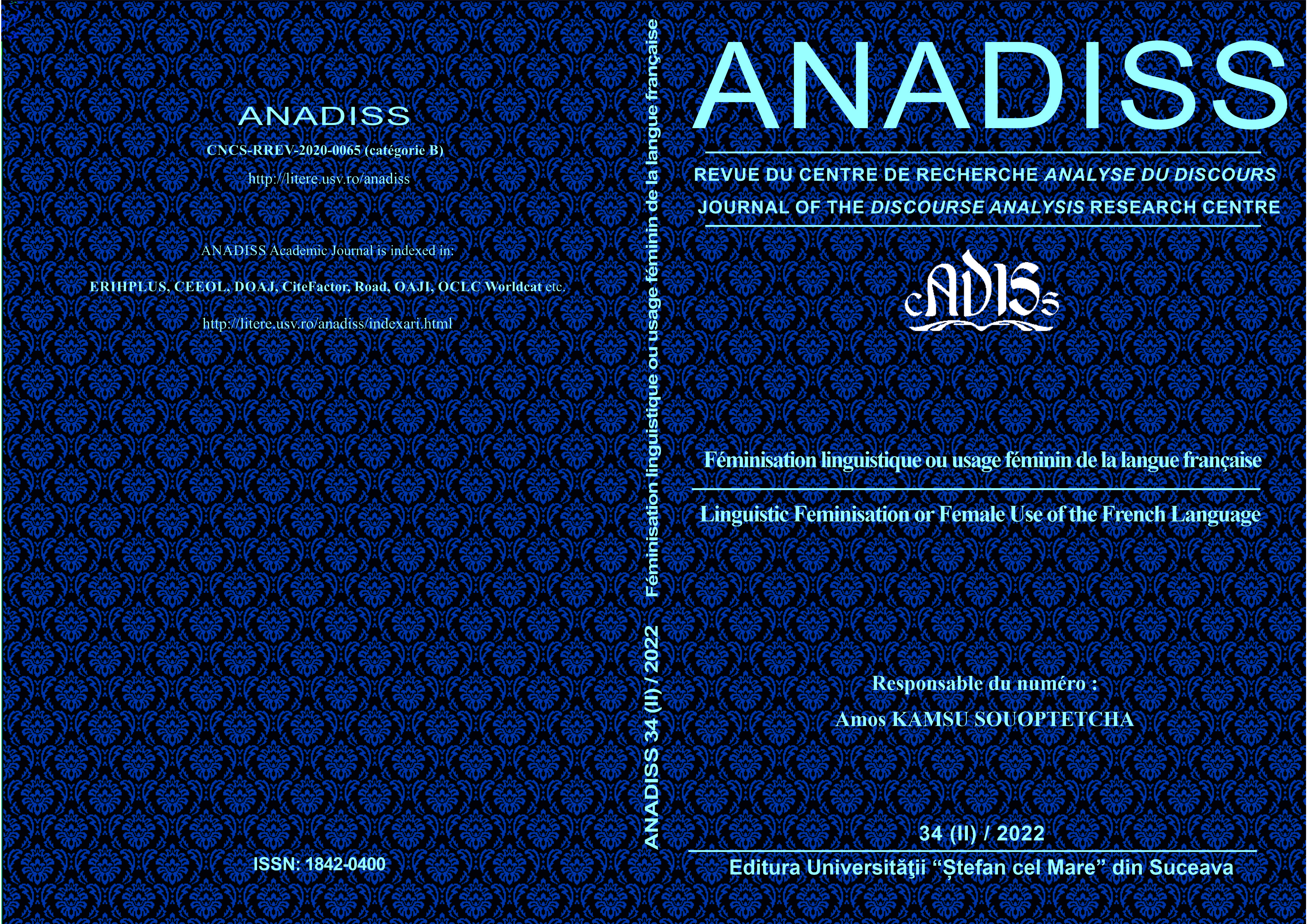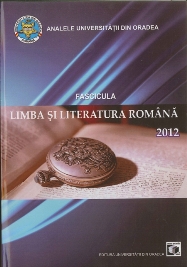
The Communist Detention. Temporal & Literary Frames
THE COMMUNIST DETENSION. TEMPORAL & LITERARY FRAMES
Keywords: Gulag in Romanian Conscience; communist detentions; prison literature; prison diaries.
Ruxandra Cesereanu, in her writings on the Gulag in Romanian conscience, argues that the so-called frontier literature with its well-known variables of, for instance, non-fictional literature or secondary literature would expand three types of writing: the ”non-fictional” writing which accumulates detention memories in the shape of prison journals or diaries and document-novels; the realistic writing, including the novels that would ignite themselves from the very imprisonment experience; the parabolical and allegorical writing, including the anti-utopias, in which the communist prison universe is revealed as a caricature, in a grotesque and paranoic manner, thus resulting a new kind of fiction, the allienated and negatively connotated one.
More...
